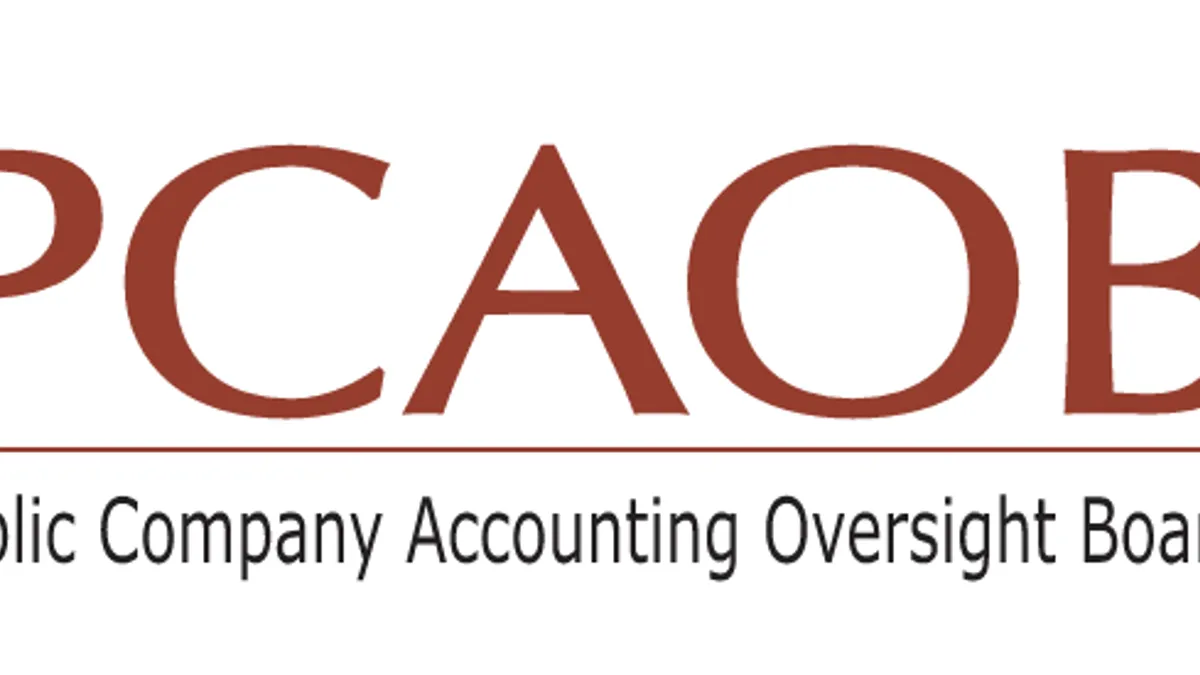A proposal in the administration's 2021 budget request to Congress would effectively hand the job of ensuring the quality of public company audits over to the Securities and Exchange Commission (SEC), rendering the Public Company Accounting Oversight Board (PCAOB) obsolete.
"SEC is already charged with investigating federal securities law violations and has the authority to impose disciplinary action, including for public accounting firms that are also overseen by PCAOB," the administration said.
PCAOB was created in 2002 after a series of lapses in accounting oversight led to the collapse of several high-profile companies, including Enron and WorldCom, costing investors tens of billions of dollars.
The oversight board is already part of the SEC’s organizational structure but is regulatorily independent of it with its own governing commission. Under the proposal, the administration would consolidate the authorities and responsibilities of PCAOB into the SEC starting in 2022.
Both the SEC and PCAOB are intended to ensure auditors and audit firms adequately oversee companies' financial reporting, but PCAOB is narrowly focused on publicly traded companies.
Critics, including Arthur Levitt, a former SEC chairman, calls handing over PCAOB’s duties to the SEC a bad move, because public company oversight is best handled by an independent entity. The board receives fees from publicly traded companies, but not from the audit firms it oversees.
"The independence of the PCAOB is very important," Levitt said in a Wall Street Journal report. "It would be a mistake to fold it into SEC."
He called it part of a misguided mindset within the federal government that favors as little regulation over business as possible. It’s "representative of the deregulatory overkill that the country is experiencing now," he said.
Rep. Brad Sherman (D-Calif.), chair of the House Financial Services subcommittee on investor protection and an accountant by profession, told the Journal he wants to take a hard look at how PCAOB is structured before deciding on the merits of the proposal but at first glance he’s skeptical. "My initial reaction is I’m not sure this is something we need to do," he said.
The board has long been subject to criticism for being a weak regulator. A review of its actions released late last year found that, out of more than 800 incidences in which the board found audit problems, fewer than 20 of them resulted in enforcement actions, and audit firms were fined only about $8 million.
Only a fraction of those fines were imposed on the big-four accounting firms that dominate the business: KPMG, PricewaterhouseCoopers, Ernst & Young, and Deloitte.
"We have a watchdog who is not watching," John Coffee, director of the Center on Corporate Governance at Columbia Law School, told the Project on Government Oversight, which conducted the review last year. "We have a watchdog who looks increasingly like a lapdog."
It remains unclear whether handing its duties to the SEC will be an improvement, in part because the proposal is expected to reduce the resources available for auditor oversight, the Journal reported. Although the SEC would see its outlays go up over the next few years, there’s no indication in the budget request any of that would go to enforcement of audit standards.
As it is, the proposal is unlikely to get through Congress, at least while control of the House and Senate is divided. That means PCAOB will likely remain independent for the foreseeable future.












